Land Rover has launched the world’s first hybrid production offroader. We’ve seen several hybrid soft roaders before, but this is the first one with serious offroad ability.
The British manufacturer has built the hybrid technology into its two flagship models: the Range Rover Vogue and the Range Rover Sport – both of which will arrive in Australia in the second quarter of 2014.
Until now, hybrid technology was problematic in offroad vehicles because water and mud could harm the electric motor and batteries. But Land Rover says significant work has gone into protecting the hybrid technology from damage, and that the hybrid Range Rovers are as capable as their conventional siblings.
Mounted below the front passenger compartment, the motor and batteries add 170Nm and 35kW, bringing the Rangie to a total of 250kW and 700Nm – matching the new 4.4-litre V8 turbodiesel also launched as part of the new line-up.
Unlike previous petrol-electric SUVs where the electric motor only powers two wheels, the Range Rover’s unit is integrated into the ZF eight speed gearbox, meaning all four wheels are powered by the same source. This ensures that consistent wheel speeds are maintained on surfaces with poor traction.
In addition, Land Rover has further departed from traditional petrol-based hybrids by making the Range Rovers diesel-electric – offering the extra range, towing capacity and torque that offroad enthusiasts prefer. The combination of electric and diesel power has resulted in a torque curve that peaks from 1500rpm to 3000rpm.
This means that both models offer plenty torque from almost idle speeds, which will assist with towing, tackling challenging obstacles and carrying weight. This also results in a fuel consumption of 6.4L / 100kms, and a reduction of CO2 emissions to 169g/km.
Despite the 120kg increase from the hybrid system, the Range Rover Sport has a claimed 0-100km/h time of just 6.7 seconds, with 0.2 seconds more for its bigger brother, the Vogue. That’s considerably ahead of the Lexus RX400 hybrid’s claimed 7.8 seconds – coming from a 221kW 3.5-litre V6 petrol-electric hybrid system. However, the latter trumps the Rangies on fuel economy by 0.1L/100km.
The Range Rovers’ spritely performance is partially due to lightness of their aluminium structure -- part of a platform shared across both models for the first time – which has shaved over 400Kg from the weight. Importantly for offroaders, the location of the hybrid system also means a full size spare wheel is still included, and the Range Rover Sport maintains its ability to carry seven passengers, if you forgo the full size spare in favour of a space saver.
The trade-off is that the small battery pack in the Range Rovers will mean the car will only travel close to two kilometres in electric-only mode. However, regenerative braking means the batteries will be topped up on the go.



.jpg)
.jpg)



.jpg)
.jpg)
.jpg)



















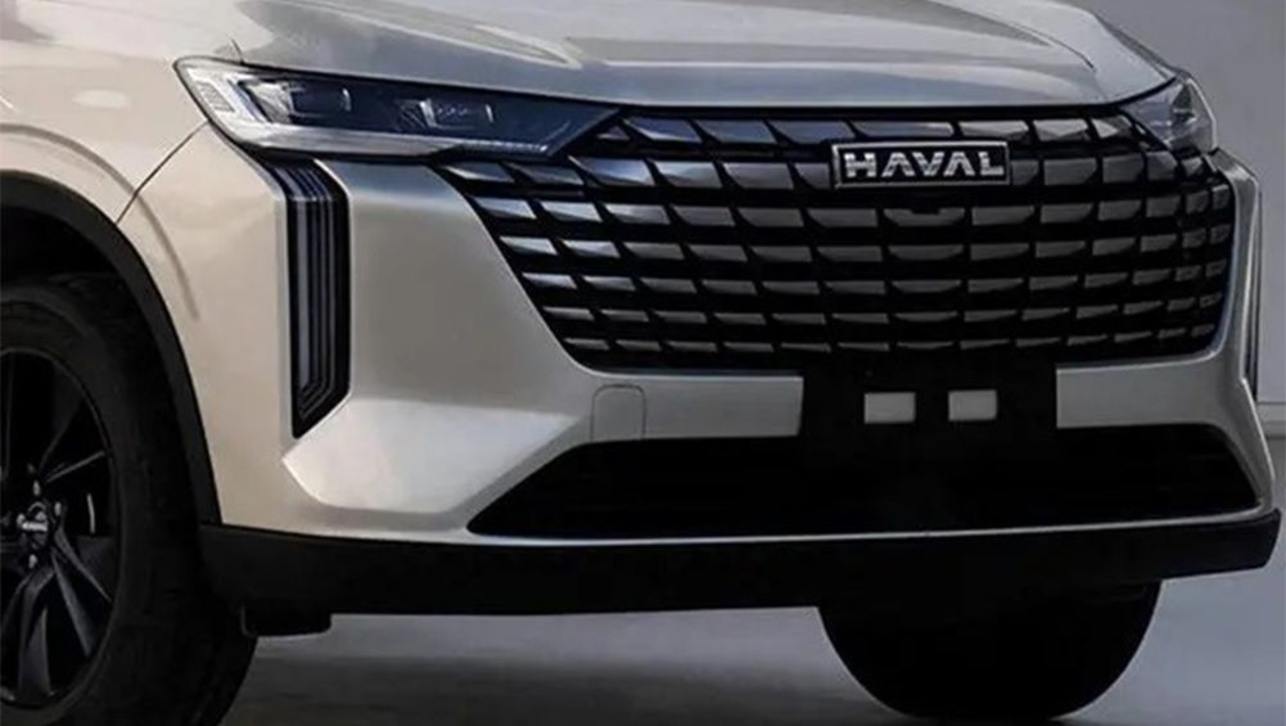
.jpg)
.jpg)
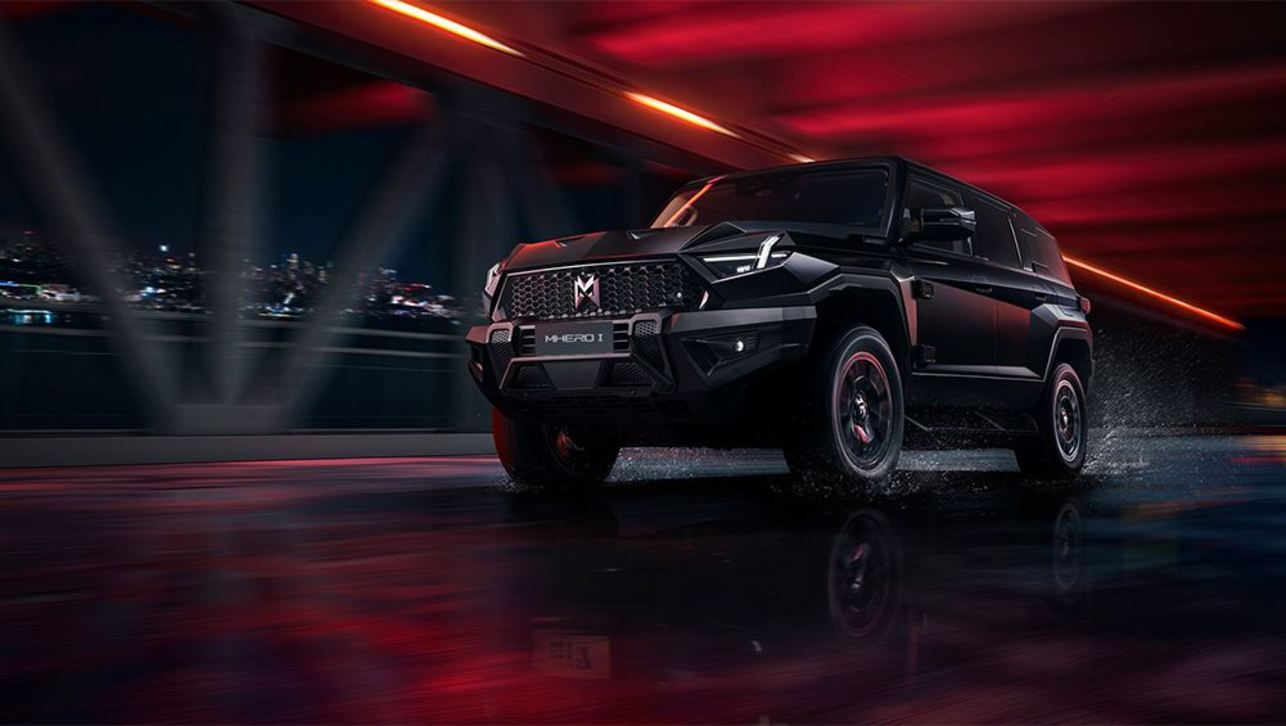
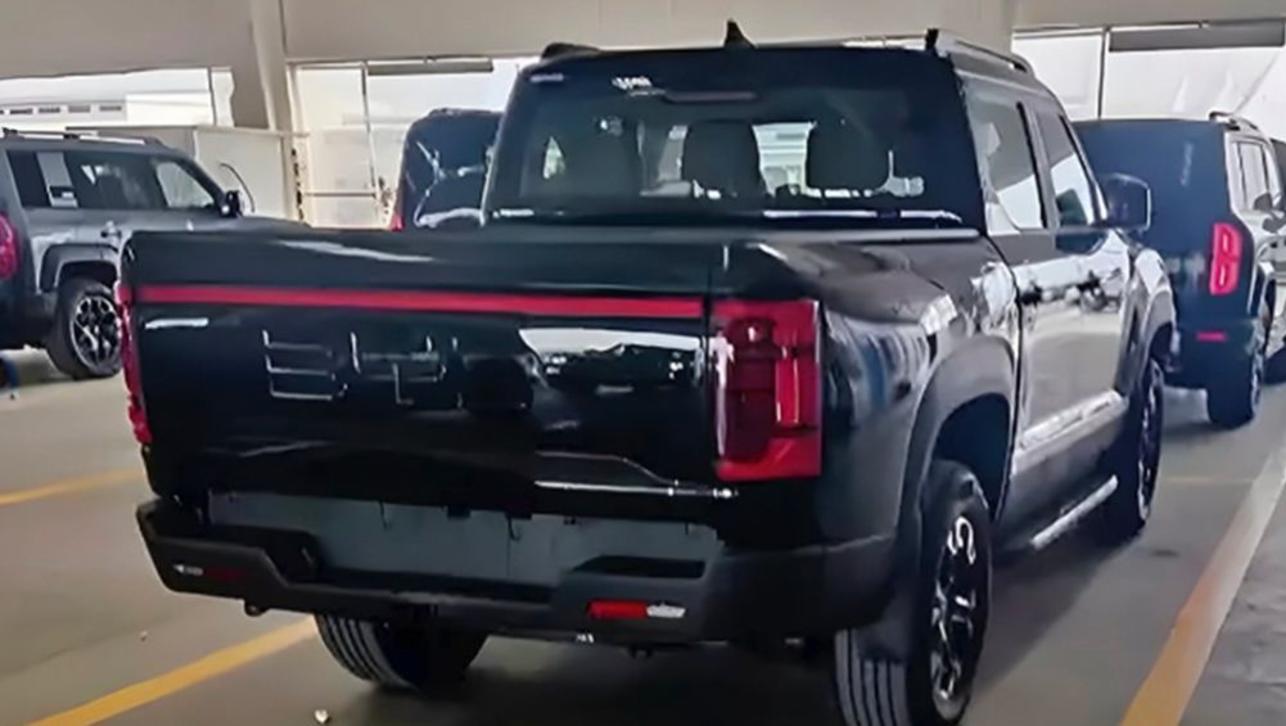

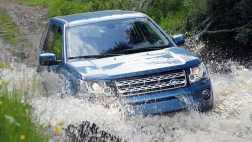

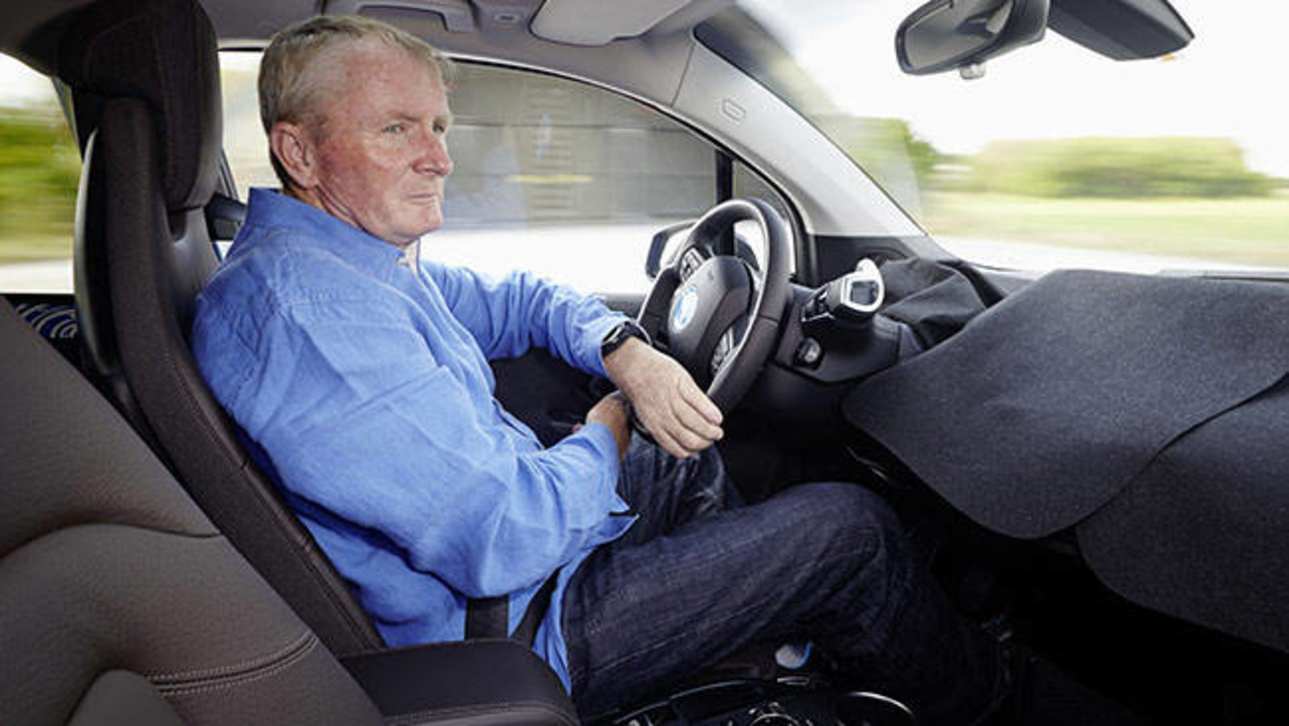
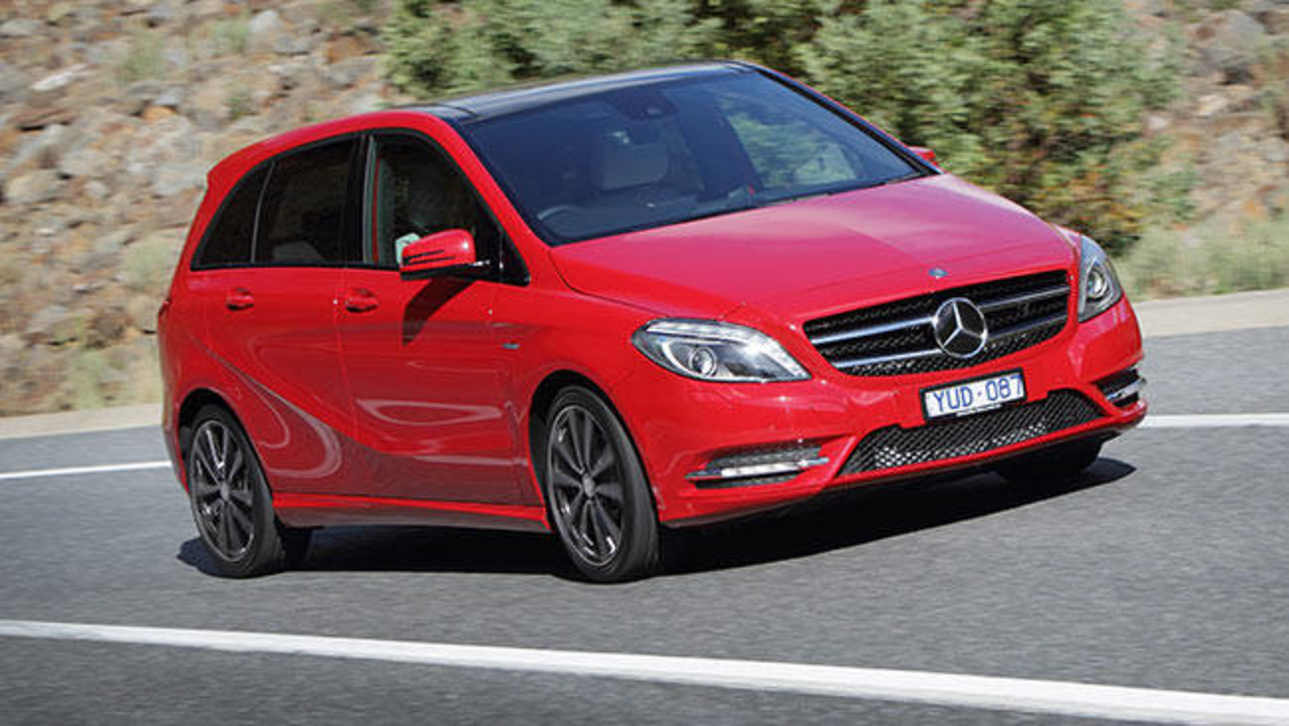



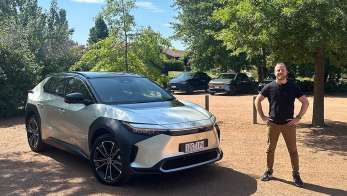

Comments